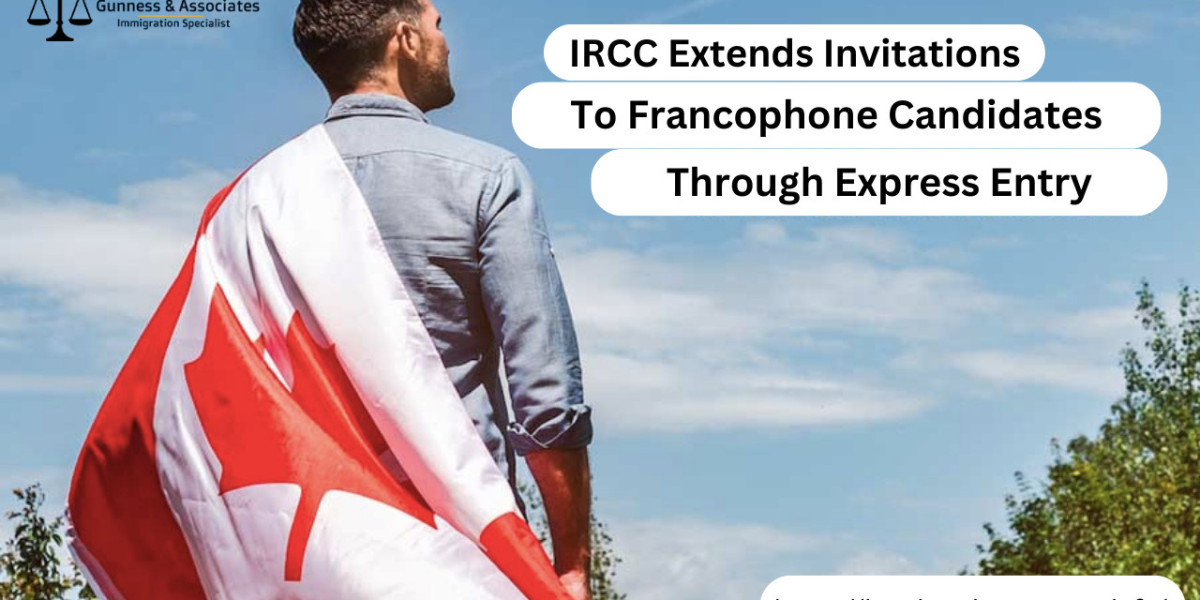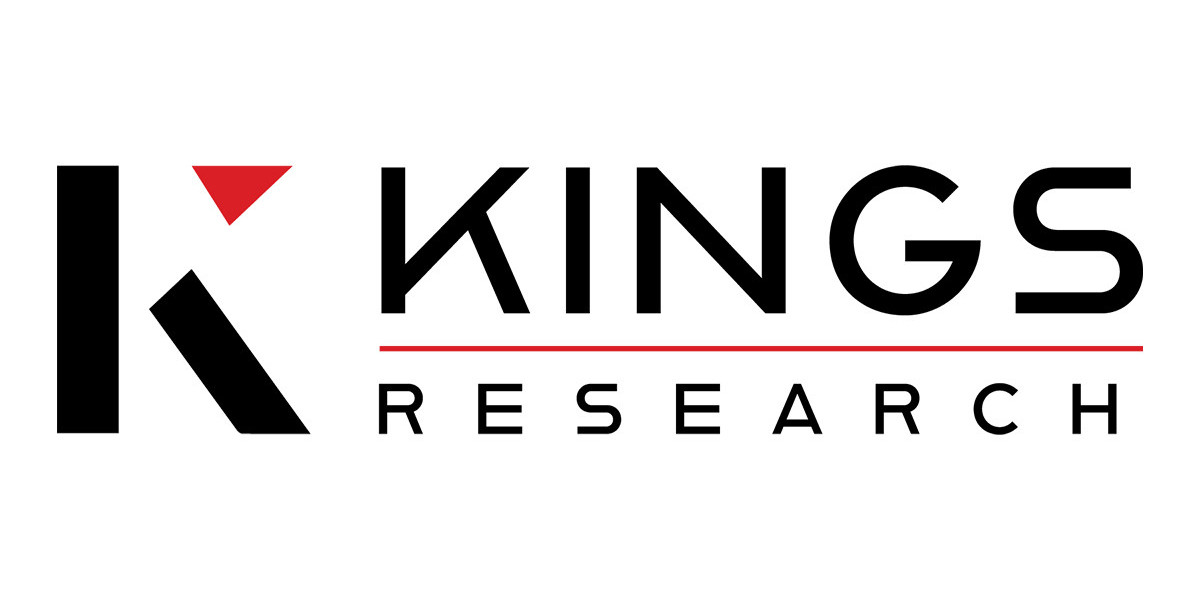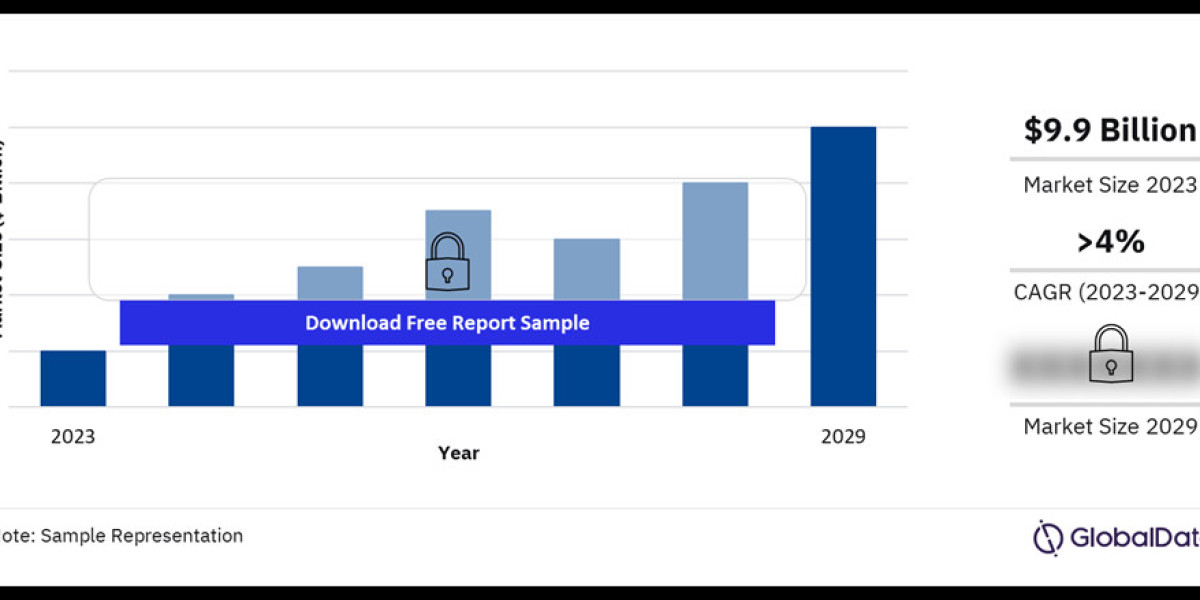Immigration, Refugees, and Citizenship Canada (IRCC) continued to promote bilingualism and diversity in Canada by extending invitations to 800 French-speaking candidates on November 15, 2024. The Express Entry round #324 focused on French-speaking applicants with a cut-off score of 478 under the Comprehensive Ranking System (CRS). This was the highest CRS score for the year in this category. Compared to the previous draw on October 10, 2024, the cut-off score increased by 34 points. The tie-breaking rule for this round was to be November 7, 2024, at 13:12:03 UTC.
Why Target Francophone Candidates?
Outside of Quebec, the Canadian government actively encourages the immigration of French-speaking individuals to help ensure the growth and vitality of Francophone communities across the country. Immigration, Refugees and Citizenship Canada (IRCC) has placed renewed emphasis on attracting Francophone candidates, aligning with its broader strategy to support Canada's economic, social, and cultural needs while reinforcing its bilingual identity.
As of 2024, Canada has issued a total of 92,768 ITAs through Express Entry, with 22,200 of those going to Francophone candidates. This reflects ongoing efforts through the Immigration Settlement Strategy (ISS) to attract skilled French-speaking individuals to the country.
What Makes This Draw Significant?
Higher CRS Cut-Off:
The cut-off score of 478 points in this draw represents an excellence level and competitiveness, particularly in the Francophone category. This score was substantially higher than that in the previous Francophone draw due to strong demand for highly qualified candidates.
Record Year for ITAs:
In 2024, Canada issued a record 22,200 Francophone ITAs, emphasizing the country's commitment to prioritizing bilingualism and ensuring that skilled professionals contribute to the Canadian workforce.
Supporting Francophone Communities:
Canada invites French-speaking candidates, not only to meet its immigration targets but also to strengthen the cultural diversity of Francophone communities outside of Quebec.
How to Qualify for a Francophone Express Entry Draw?
To qualify for the Francophone-specific draw, applicants must:
Prove proficiency in French by using a recognized test, like TEF or TCF.
Be eligible for the draw according to the minimum CRS score.
A good knowledge of French will add more points to the CRS score. Other factors include age, education, and work experience.
IRCC Invites Francophone Candidates: Why is Canada Targeting Francophone Skilled Workers?
Canada continues to open new pathways for skilled workers, with a special focus on Francophone candidates. If you speak French, this is a unique opportunity to secure an invitation to immigrate and make Canada your permanent home.
The emphasis on bilingualism is a part of the strategy in IRCC that helps Francophone candidates benefit from its specialized immigration programs. This means that Francophone citizens can find lively communities within Canada, and their skills and language skills are truly valued.
What is the Francophone Express Entry Program?
The Francophone Express Entry is a focused stream within the Express Entry program of Canada, with an objective to attract highly skilled French-speaking candidates outside of Quebec. It's not an immigration program itself, but a series of targeted draws of applicants who have demonstrated French proficiency.
To be eligible, applicants must fall under one of the three core streams of the Express Entry program, which include either the FSWP, the FSTP, or the CEC. Candidates submitted to the CEC must also score competitively on the Comprehensive Ranking System.
The additional CRS points can also be obtained by native French-speaking individuals who fulfill specific standards for language proficiency, and such an initiative contributes to their greater likelihood of obtaining an ITA for permanent residence. It is all part of Canada's plan to improve the strength of Francophone communities outside Quebec and increase bilingualism throughout the country, focusing on applicants who would add diversity and richness to these communities.
Is it hard to get CLB 5 in French?
It is generally fair to assume that those who have reached a basic or intermediate level of proficiency in French can normally achieve CLB 5. When at CLB 5, the candidate is expected to demonstrate the ability to understand and communicate simple ideas in both spoken and written French.
So, the ability will be needed in terms of practice of everyday vocabulary, grammar rules, and conversational skills. For example, referring to the score level equivalent of CLB 5, falling under a score range of moderate in listening at about 181-216 and in reading and writing and speaking at 151-180, 226-270 points on the TEF Canada or TCF Canada. Because IRCC invites candidates in different proficiency levels, CLB 5 more often forms a critical threshold to which candidates who want to meet the immigration language requirements are channeled.
One does not need fluency, but practice regularly and, more especially, prepare with language resources, tutoring, or immersion strategies may be sufficient to meet that demand.
If you want to know more details about “IRCC Invites Francophone Candidates Under Express Entry“ you can contact one of our immigration specialists at Gunness & Associates.
Please Book an Appointment with a Member of Our Assessment Team!
Book an Appointment Now with Hamlet!
Book an Appointment Now with Pratik!
Gunness & Associates has helped thousands of people successfully immigrate to Canada with their families. Our skilled and experienced immigration experts have the expertise to accurately examine your case and advise you on the best method of proceeding to serve your needs.
For honest and straightforward advice, contact the experts
Get a free Assessment
Join our newsletter and get up-to-date immigration news Click here
All rights reserved ©2024 Gunness & Associates









